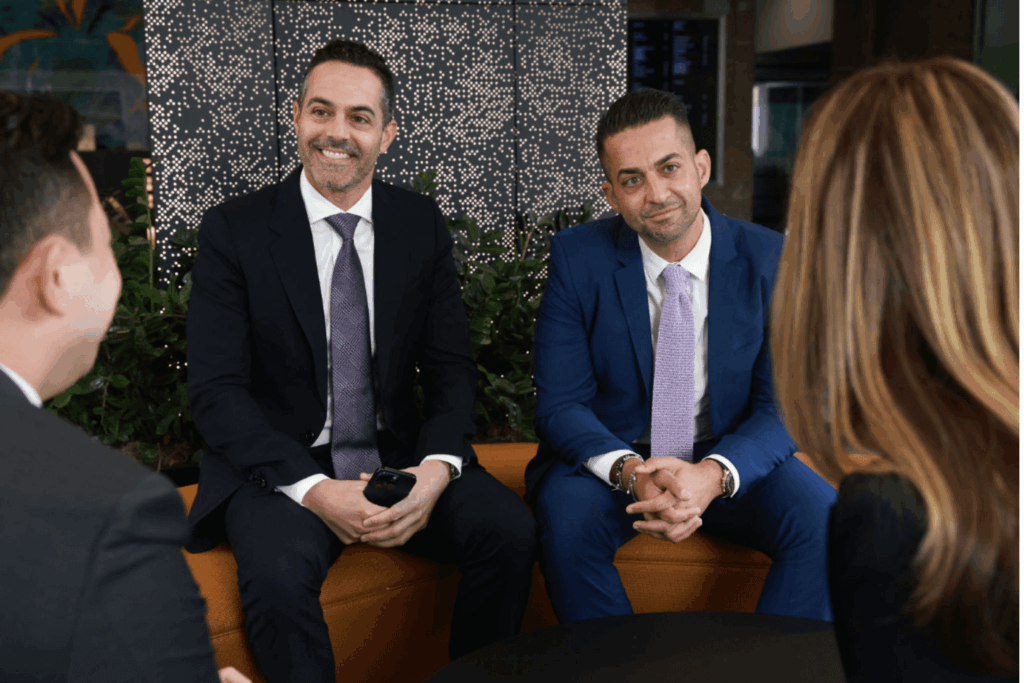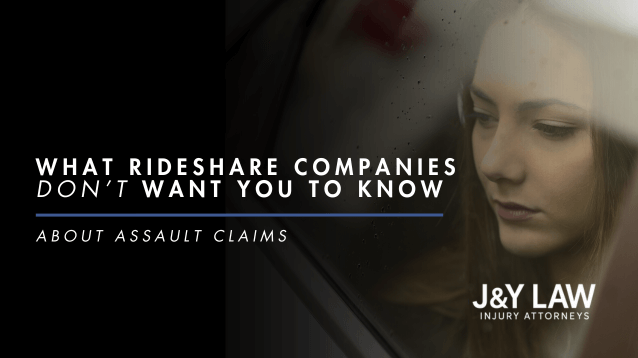What Rideshare Companies Don’t Want You to Know About Assault Claims
When you step into a rideshare vehicle, you trust the company has vetted, trained, and monitored the driver. But what happens when that trust is shattered? Whether you experienced an assault, harassment, or violence while in a rideshare, here’s what you need to know about your legal rights.
Rideshare Assault: Far More Common Than You Think
A recent New York Times investigation uncovered a staggering truth. From 2017 to 2022, internal Uber documents revealed over 400,000 reports of sexual assault or misconduct in the U.S. That’s one incident every eight minutes, vastly exceeding the roughly 12,500 disclosed publicly. This massive underreporting reflects systemic failures, not isolated errors.
For a free legal consultation, call (877) 735-7035
Why Forced Arbitration is Their Shield
Survivors are often steered into private arbitration, where justice becomes invisible and patterns of abuse stay hidden. As The New York Times noted, internal reform proposals like video monitoring and women-driver matching were delayed or dropped because they conflicted with Uber’s business model. Meanwhile, your ability to pursue public accountability or fair compensation disappears behind closed doors.
“Rideshare companies spend millions branding themselves as part of the community, but when something goes wrong, they hide behind contracts and lawyers,” says Parham Nikfarjam, Senior Trial Attorney at J&Y Law. “This isn’t about one bad driver, either. This is about a system that puts corporate image and shareholder value ahead of human safety.”
What It Means for You and Your Rights
- Evidence Gets Buried: Arbitration keeps testimony, documents, and company records out of public view, hiding patterns of abuse.
- Compensation Shrinks Quietly: Survivors in arbitration typically receive less than they might in open court, with no jury to weigh the human cost.
- Reform Gets Stalled: Without public scrutiny, companies have little incentive to implement safety measures that could protect future riders.
Ask yourself:
- Would you feel safe riding again?
- Who is fighting for your rights—your attorney or the company?
- Shouldn’t preventing harm come before protecting the bottom line?

Click to contact our personal injury lawyers today
Stand With Survivors
At J&Y Law, we believe survivors deserve truth, visibility, and justice:
- We stand ready to challenge forced arbitration and seek your right to a fair trial.
- We demand stronger safety standards—like real vetting, in-car monitoring, and better oversight.
- We call for accountability when platforms fail you in ways you didn’t see coming.
“Forced arbitration is a silencing tactic,” explains Nikfarjam. “It takes survivors out of the public eye, buries dangerous patterns, and lets rideshare giants keep telling the world everything is fine. Our job is to pull back that curtain and make sure the truth comes out.”
Complete a Free Case Evaluation form now
Rideshare Assault: By the Numbers
- 400,181 cases of sexual assault or misconduct on Uber trips between 2017–2022. That’s far above the publicly reported 12,522.
- Reports occurred every 8 minutes on average.
- Internal proposals like women-driver matching and video monitoring were dropped due to profit concerns.
You Might Be Owed More Than You Think
If you or someone you love experienced harm during a rideshare trip, reach out to J&Y Law for a free, confidential consultation. We’ll help protect your rights, demand accountability, and secure the compensation you deserve.
Call (877) 607‑1612 to speak with one of our specialists today.
Your voice matters. Your safety matters. Let’s prove it to them, together.
Call or text (877) 735-7035 or complete a Free Case Evaluation form

